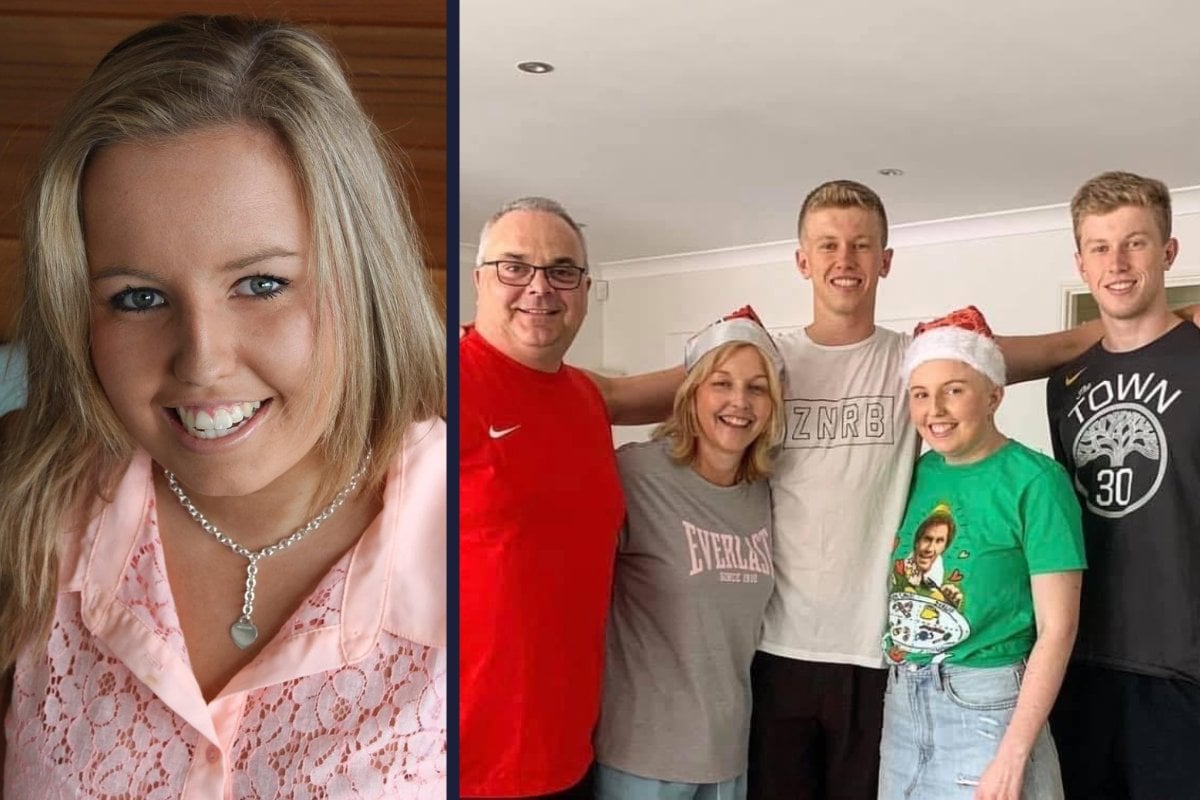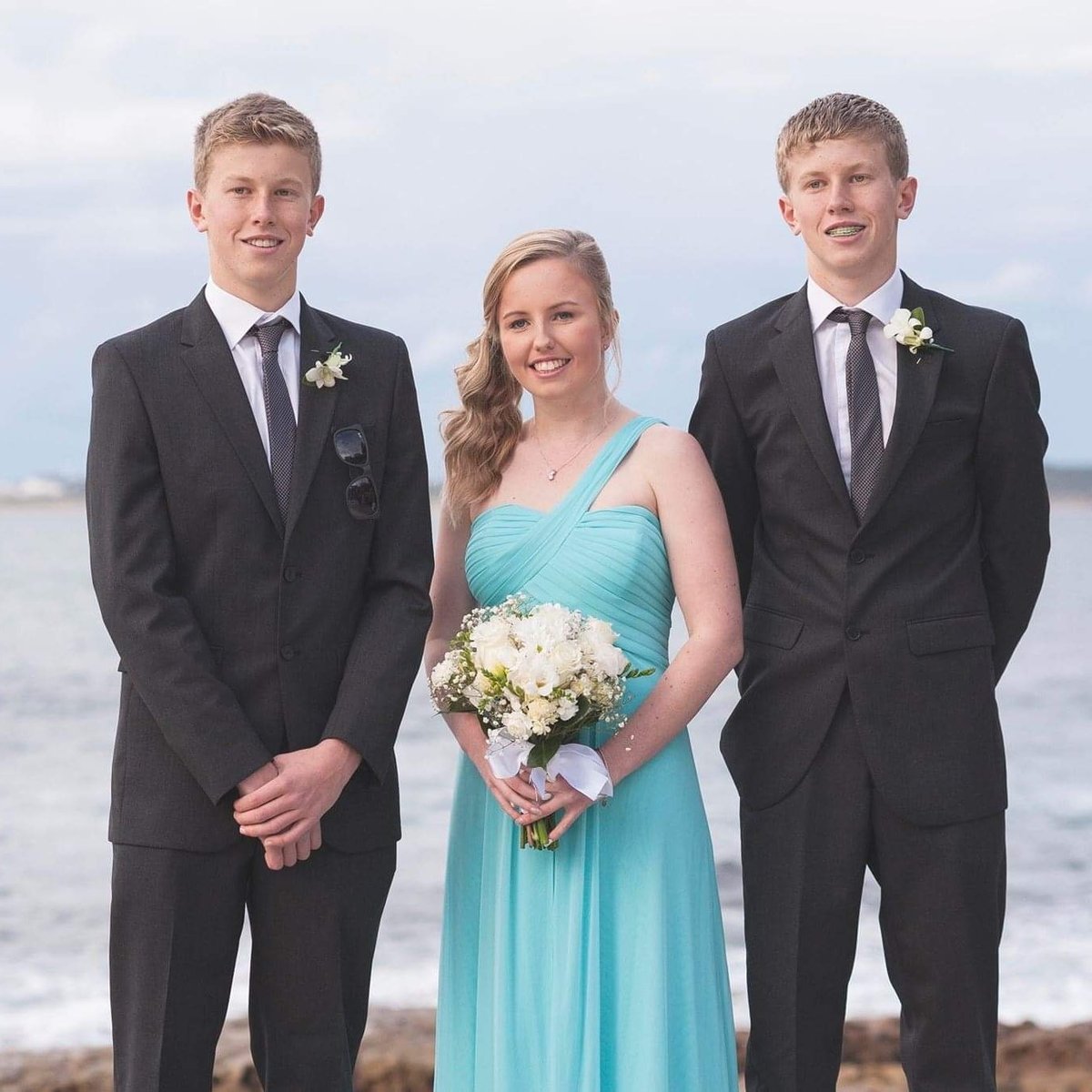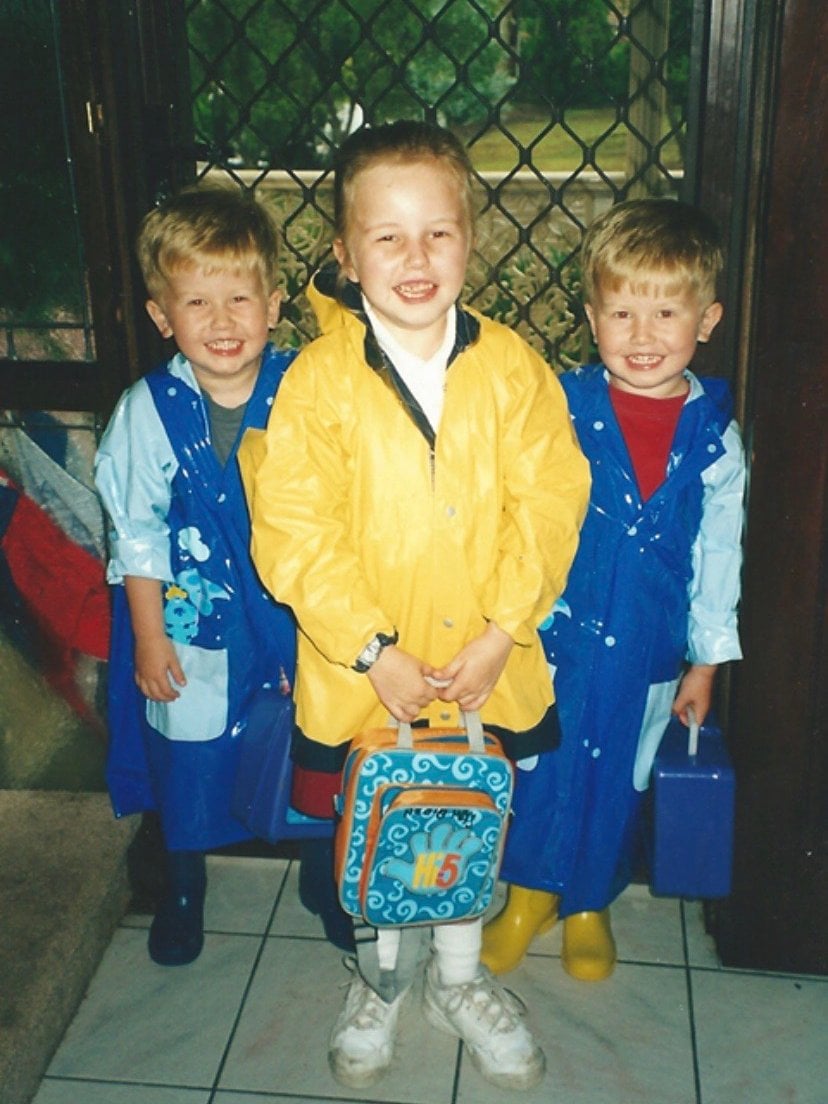
"I don't want to die!"
I could hear my sister screaming through her tears, being held by my mum in her darkest moments.
I was a room away, but the words pierced through the walls and stabbed straight through my chest. My heart was broken.
We had just found out my beautiful sister, Nicole Catherine Hess, was terminally ill. Her stoic nature and 'ignorance is bliss' attitude were finally broken by a cancer that has now given her a month to live.
 Image: Supplied.
Image: Supplied.

